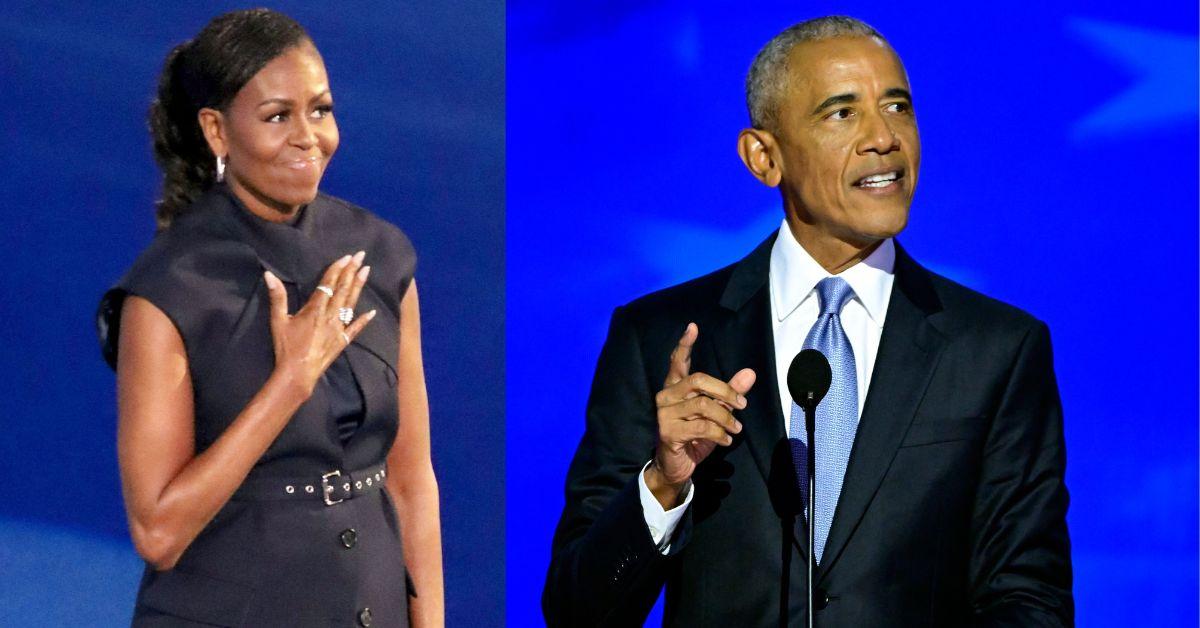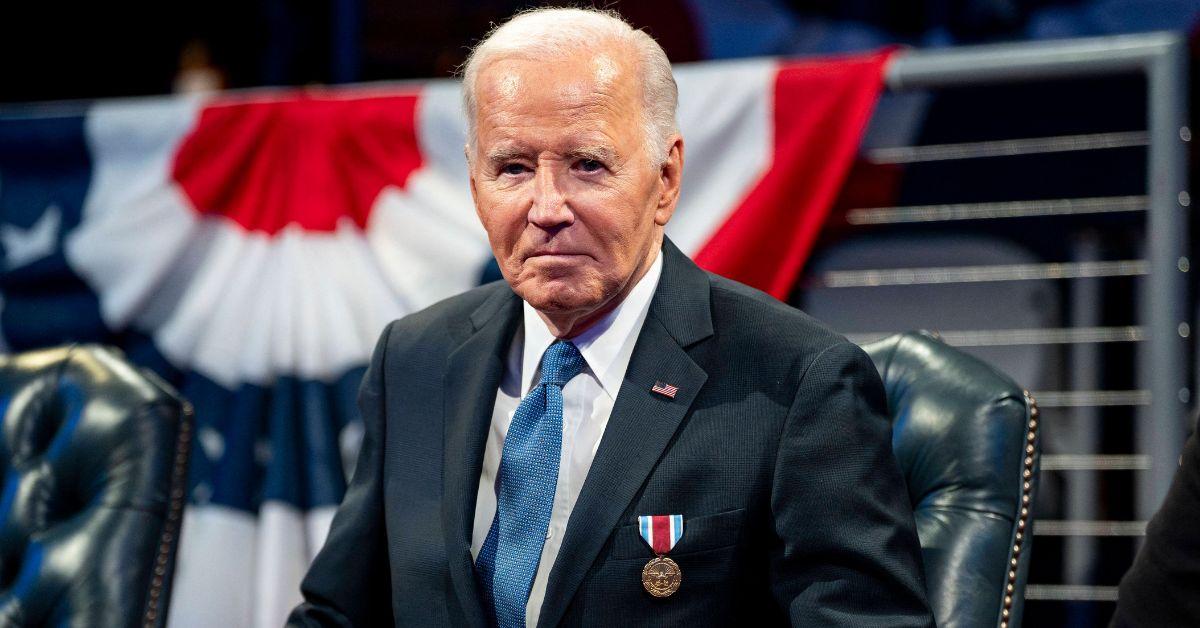Chinese Spy Fears: Britain Delays New King Charles Insignia Branded Badges Over Claims Beijing Manufacturers
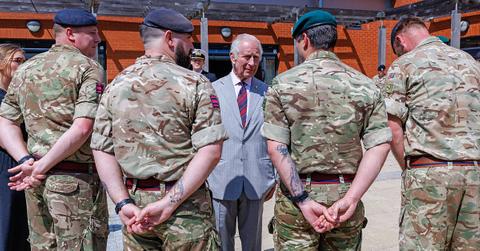
U.K. delays rollout of King Charles insignia over Chinese spy concerns.
June 17 2024, Published 3:00 p.m. ET
A rollout of King Charles III's new insignia badges has been delayed over bizarre fears that Chinese manufactures have bugged the badges, RadarOnline.com has learned.
As a result, British soldiers are still wearing Queen Elizabeth II era badges.
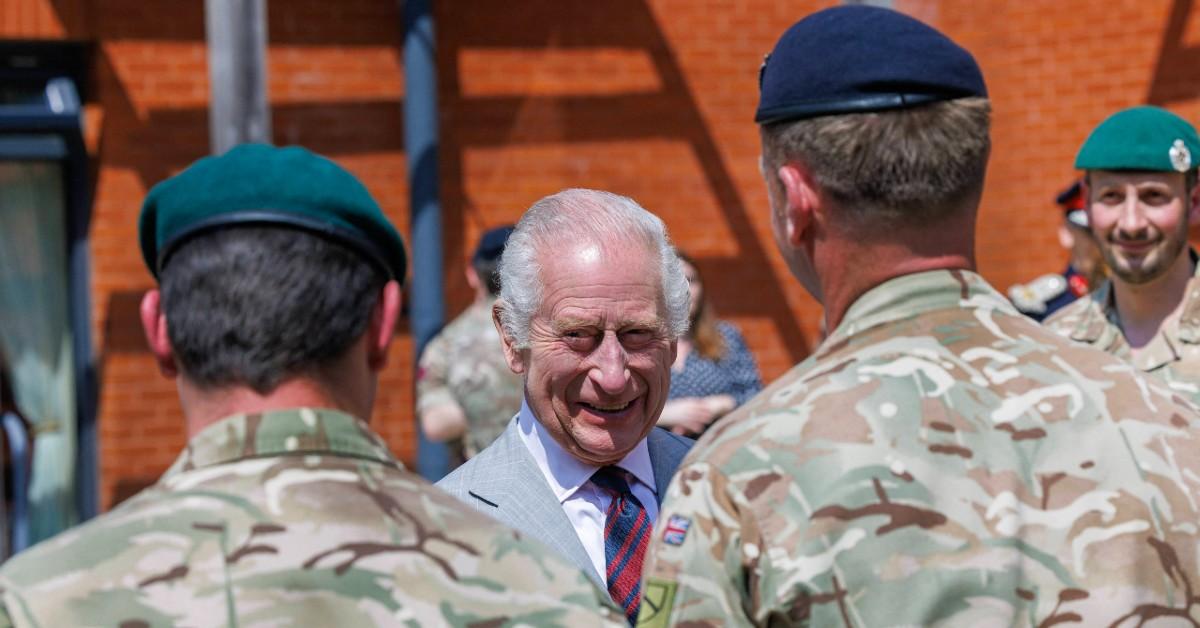
British soldier's uniforms still bear Queen Elizabeth era insignia.
According to reporting from the Financial Times, British authorities halted the delivery of the new badges, which are worn on soldier's berets.
Some of the components used in the insignia are manufactured in China, which has prompted fears that tiny spying devices could be placed inside them.
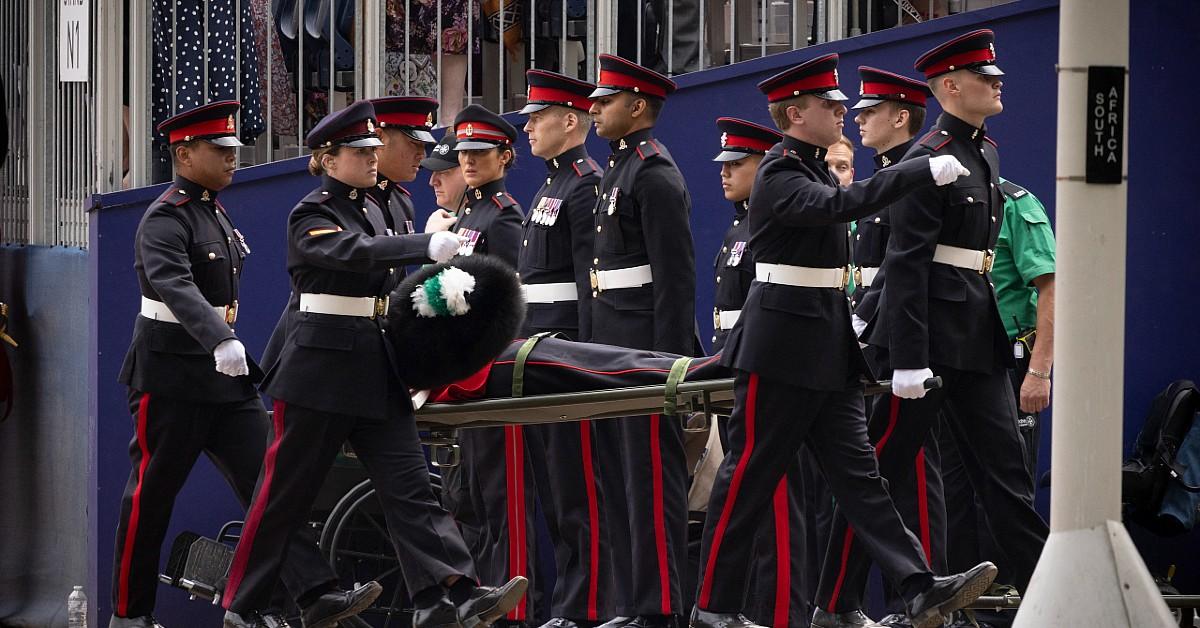
Production of King Charles insignia was halted after it was discovered some pieces were manufactured in China.
Never miss a story — sign up for the RadarOnline.com newsletter to get your daily dose of dope. Daily. Breaking. Celebrity news. All free.
Fears were raised that the insignia could be bugged with GPS tracking devices after it was discovered that the Yorkshire-based company, Wyedean Weaving, which makes the badges, sourced some material from Chinese manufacturers.
"There is a fear that tracking devices or a GPS transmitter could be embedded in the cap badges," a senior U.K. official told the outlet. "The result is a delay in the introduction of the cap badges as the U.K. does not have the capacity to manufacture them as quickly or as cheaply."
The discovery offered clarification as to why British soldiers had yet to transition to a new insignia honoring King Charles III over two years into his reign. The badges are typically made of either embroidered cloth or metal and feature the monarch's initials and chosen emblems.
Susannah Walbank, Wyedean’s system director, pushed back on fears and denied any reason for concern regarding the Chinese manufactured pieces used for the insignia.
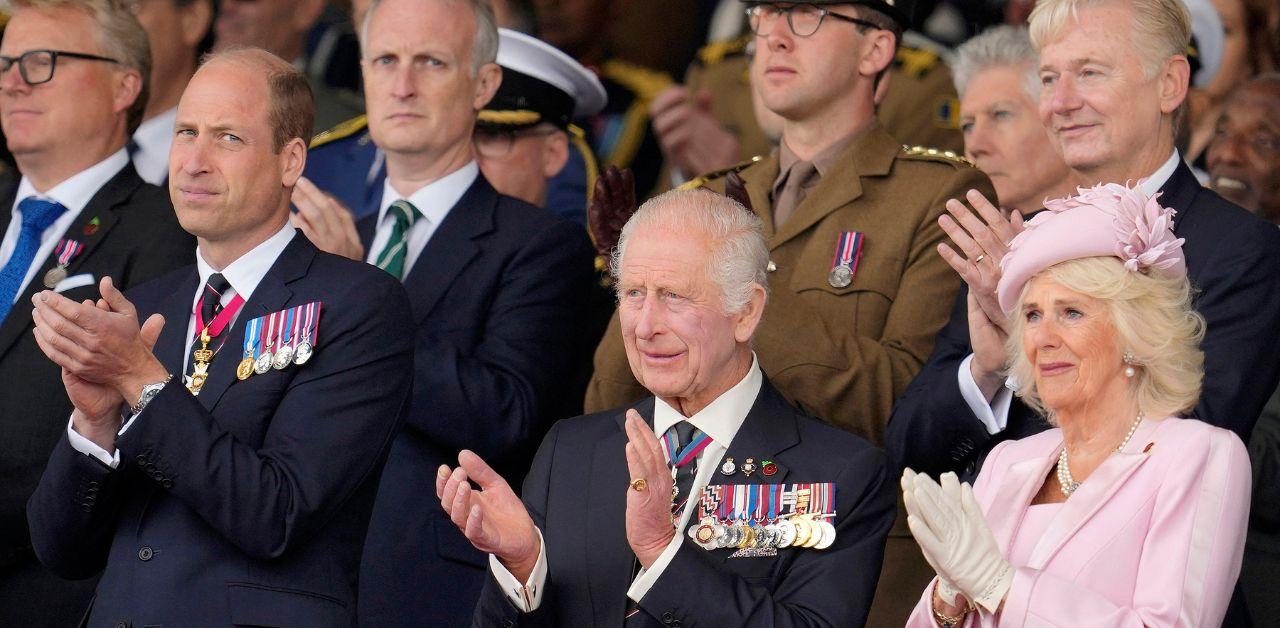
Questions were raised about whether or not GPS tracking devices could be placed in the badges.
"China is part of our supply chains, we have been there for 15 years, have long-standing relationships, and there has never been any concern," Walbank told the outlet.
While Walbank shot down fears, this is not the first time similar concerns over manufacturing origins have caused a delay in the rollout of ceremonial products.
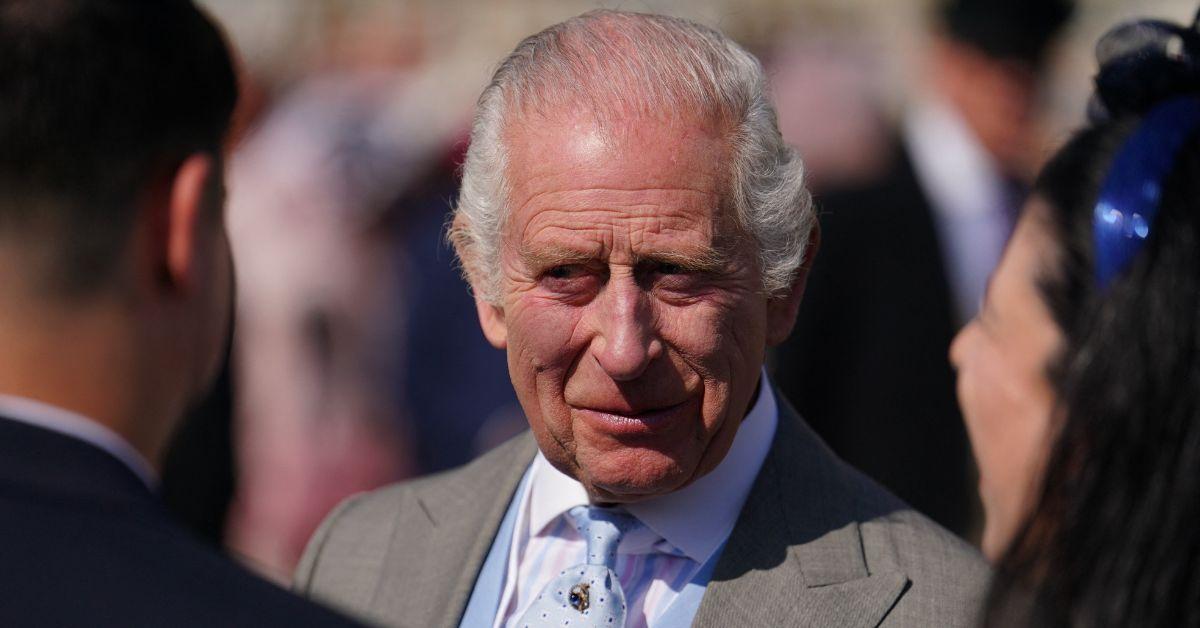
King Charles' cancer treatment is ongoing.
Parliament member Tobias Ellwood, who once headed the defense committee, revealed similar safety concerns effected the production of ceremonial coins given to visiting dignitaries.
The coins eventually ended up being manufactured in the U.K. to eliminate any intelligence fears, despite the production costing five times the cost if they had been made in China.

While one western official said that the King Charles insignia berets should "of course" be made in the U.K., another pushed back on the notion that the badges could be outfitted with tracking devices.
The source noted that the insignia in question "were so small, that no bug would have much battery life or be able to emit a signal over distance."

